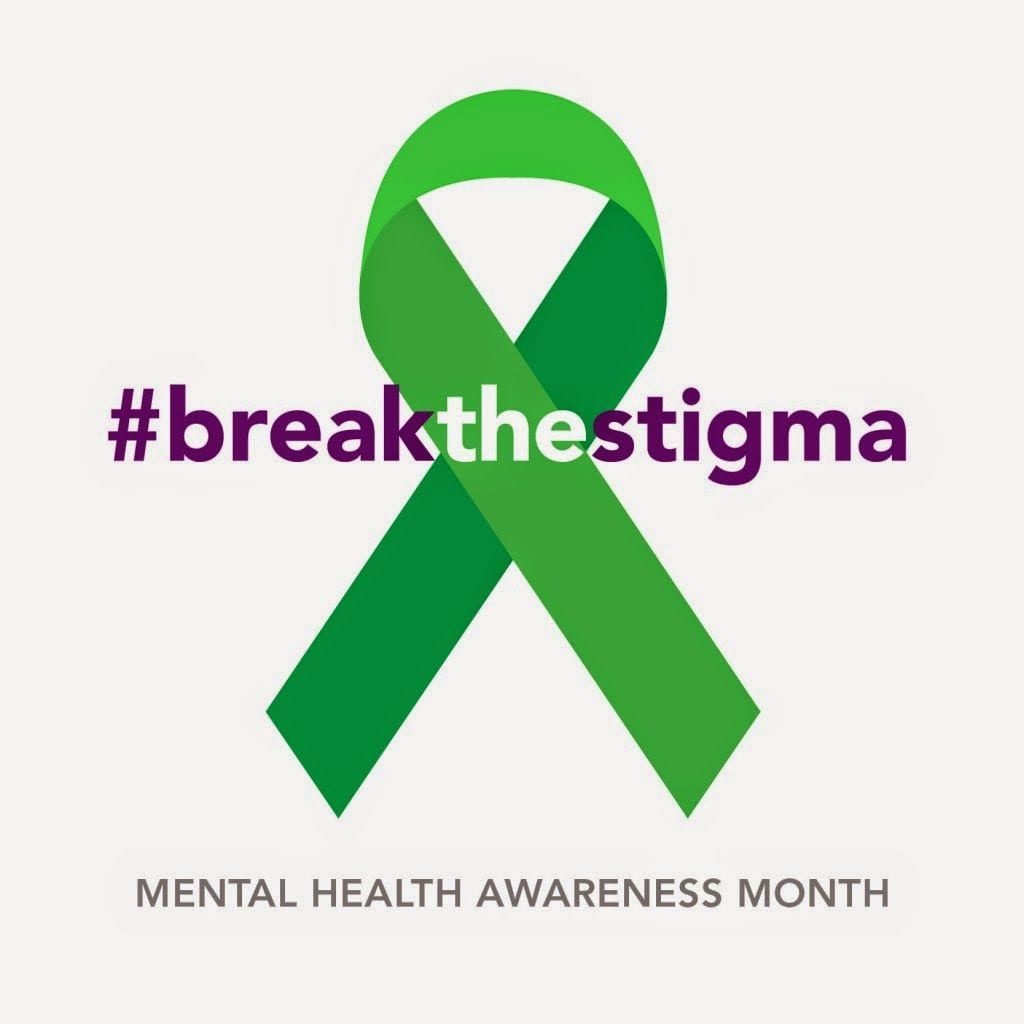Mental Health Awareness Month
Have you seen more green on your feed lately? In case you haven’t heard, May is Mental Health Awareness month, a recognition that was established in 1949. Organizations like Mental Health America (MHA), founded in 1909, and National Alliance on Mental Illness (NAMI), started in 1979, boost their awareness programs and outreach each May. The American Hospital Association (AHA) is also adding more resources to their page to recognize this month’s cause. In a statement recently released by President Biden, the National Suicide Prevention Lifeline (1-800-273-TALK) will become a three digit number (988) in July. This is the 911 equivalent of 911 and it’s just what we need!
Mental Health in the US
According to NAMI, in 2020 alone, one out of five US adults experience mental health issues. One in 20 adults have a serious mental health concern and one in 15 have substance abuse problems along with mental health illness. Over 12 million had serious thoughts of suicide. For access to mental health care, over 17 million had trouble getting appointments. Over 7 million had delays getting prescriptions. Lastly, almost 5 million did not get access to the care needed. These are only a few facts about US adults.
First Responder Culture
First responders are five times more likely to experience conditions such as depression and PTSD. Law enforcement and firefighters are more likely to die by suicide than in the line of duty. This is staggering and gets repeated over and over. So why don’t we hear about departments doing something? According to a University of Phoenix survey, 57% of first responders fear negative repercussions and 40% fear being demoted or fired. They simply are afraid to speak up. That said, 70-80% say they would seek help if they heard from a leader or coworker seeking help. Turns out they just need reassurance and encouragement.
What Can We Do Now?
During the month of May, many organizations are pushing mental health awareness and boosting resources, but this should be done throughout the year. We need to push resources, such as those the All Clear Foundation promotes. We also need to prompt and encourage departments to supply or staff in-house support. Some have on-call peer support systems while others may have support staff on site. Still, others may have nothing, especially call departments, due to lack of funds or even awareness.
First Responder Coaching is hoping to change all that. We’re sharing and posting information daily via social media and our website. Our administration team is also reaching out to departments across the country to raise awareness, promote support, and offer resources and training. If you want to do your part, share this article, a green ribbon, or any information you can with those you know. Mental health illnesses are steadily rising and we need to smash the stigma and get the word out. It’s okay to not be okay, but it’s not okay to ignore it. Let’s do this!
